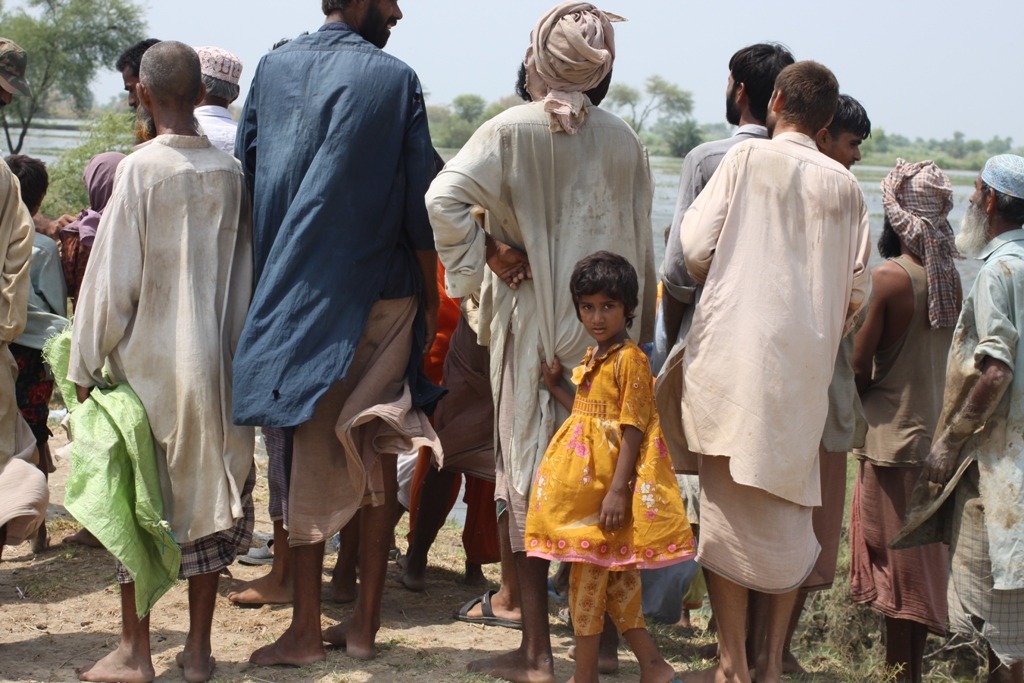Pakistan’s economy has faced tremendous challenges of macroeconomic imbalances, supply shocks, and international economic slowdown, which has dampened growth in the past two years. The World Bank’s latest Pakistan Development Update has estimated that the country’s economy contracted by 0.6% in FY23 due to accumulated economic imbalances and difficulties securing critical inputs, including fertilizers, which further slowed agriculture output growth.
The poverty headcount is estimated to have reached 39.4% in FY23, with 12.5 million more Pakistanis falling below the Lower-Middle Income Country poverty threshold. The economic situation remains fragile, and significant challenges await Pakistani policymakers, including implementing politically difficult and inflation-inducing measures to complete the current IMF program, seeking additional aid from foreign backers, particularly Saudi Arabia and the UAE, and cutting financial losses of its hemorrhaging energy sector by increasing power tariffs.
Careful economic management and deep structural reforms will be required to ensure macroeconomic stability and growth. The World Bank has emphasized that comprehensive fiscal reforms of tax policy, rationalization of public expenditure, better management of public debt, and stronger inter-government coordination on fiscal issues are imperative for a longer-term recovery.


